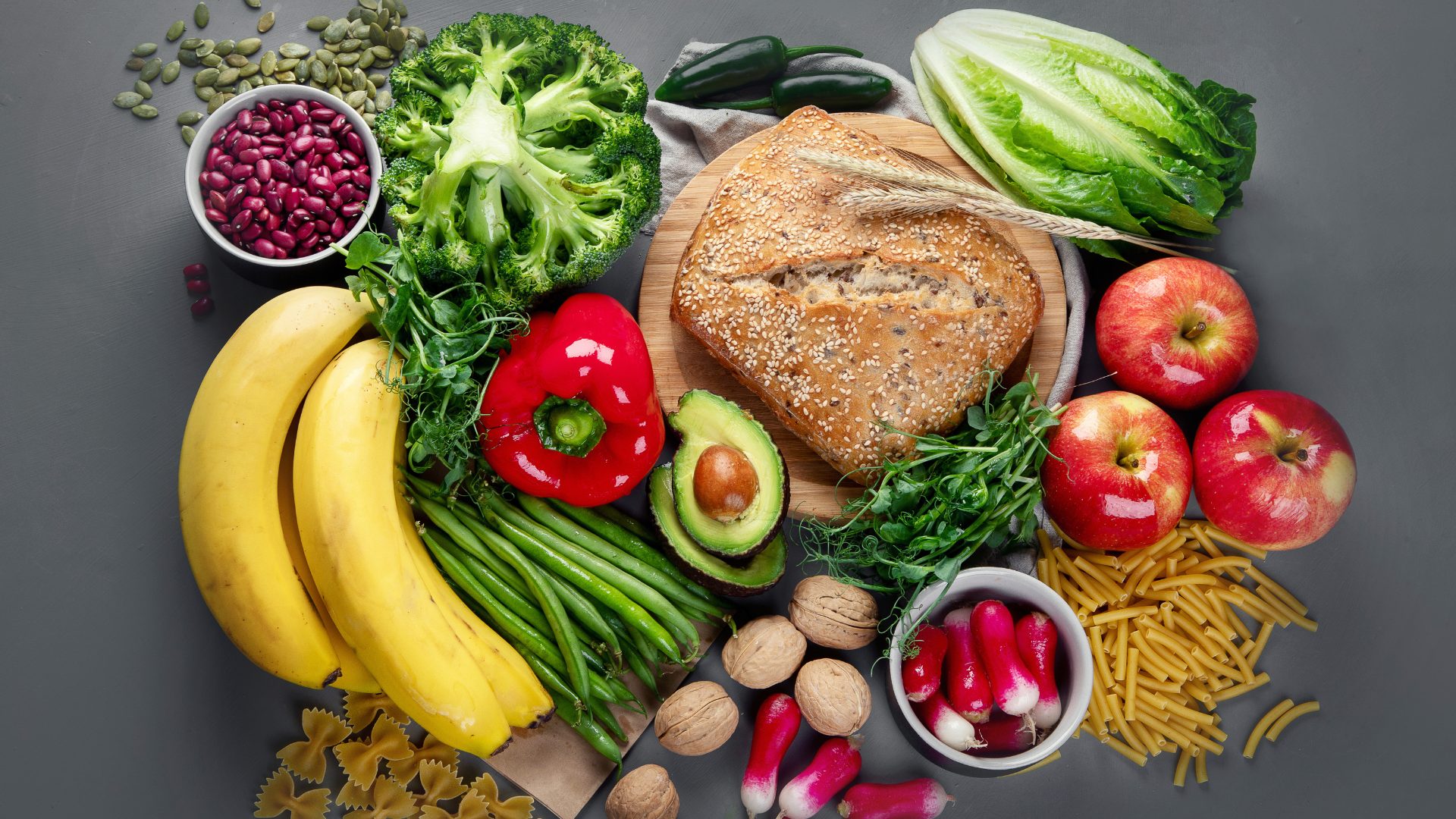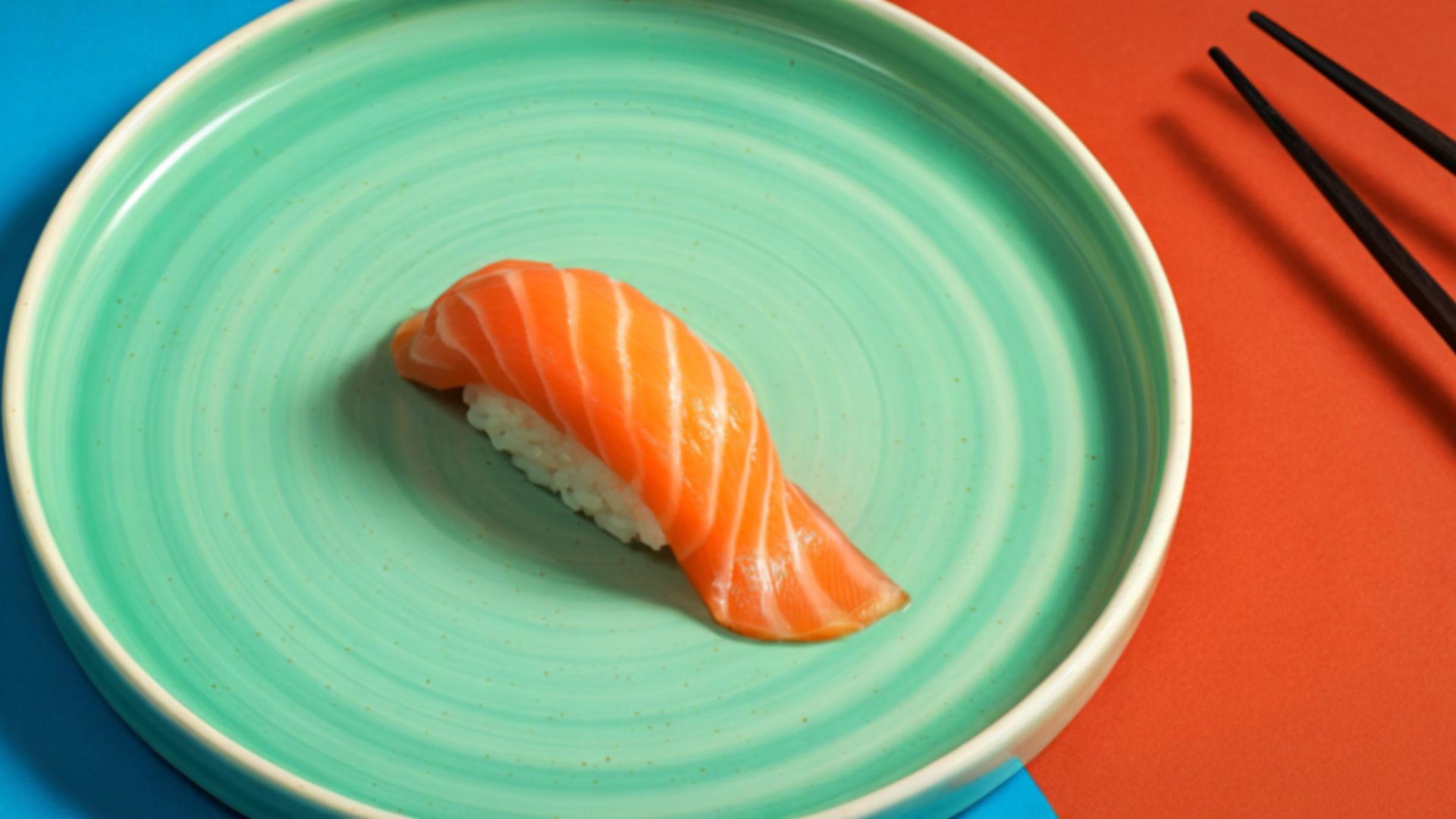Drinking just one soda could shorten your life by 12 minutes and eating one hot dog could claim an additional 36 minutes, according to a new study.
These findings are even more unsettling on the heels of another study, published in JAMA, that claims ultra-processed foods comprise two-thirds of the calories consumed by children and teens.
Ultra-processed foods include ready-to-eat or ready-to-heat items often high in added sugar, sodium, and carbohydrates, and low in fiber, protein, vitamins, and minerals. They typically contain added hydrogenated oils and flavor enhancers.
“The bottom line is that ultra-processed foods try to trick people into thinking they are eating something healthy when there are always other options that are better for you,” Dr. Lisa Stern, senior partner at Tenth Street Pediatrics, told The Food institute.
“All the additives in these convenience foods contain extra calories and salts but even more important, they lack the crucial fiber that has been disappearing from our diets for the last several decades.”
ULTRA-PROCESSED FOODS BECOME NEW FRONTIER IN PUBLIC HEALTH
A recent study led by the Population Health Research Institute and McMaster University and Hamilton Health Sciences in Canada found that regular consumption of ultra-processed foods and beverages may lead to inflammatory bowel disease.
“The foods we have been eating have resulted in an epidemic of obesity, diabetes, inflammatory diseases like Crohn’s disease and so many other auto-immune diseases. It affects us all,” said Dr. Stern.
Evidence suggesting that obesity policy should be targeted at ultra-processed foods is also progressively emerging, according to a report from The BMJ.
Additionally, concern over sugar intake and interest in sugar reduction is driving an increasingly sophisticated approach to sweetening food and beverages. According to a report by Innova Market Insights, recent trends are focusing on three parallel areas: natural sweeteners, less sweetening, and no sweetness.
WHAT CAN BE DONE TO REDUCE KIDS’ INTAKE OF ULTRA-PROCESSED FOODS?
The Food Institute spoke to several registered dietitians to get their opinion on how to best reduce children’s intake of ultra-processed foods.
“The first step in reducing processed food from children’s diets is to make it less accessible,” said Amy Shapiro MS RD CDN, Founder of Real Nutrition NYC. “Start by only keeping whole foods or minimally processed foods at home.” Shapiro also recommends making meals as whole-foods-based as possible.
“Having healthy snacks options available that taste good is also important,” Shapiro added, with one kid-friendly recommendation being That’s It Fruit Bars made by That’s It Nutrition.
“In an ideal world, children should eat ‘real’ foods- fruits, vegetables, grains, beans, nuts, meats and dairy,” said Dr. Stern. “Transitioning to a “real” food household doesn’t happen all at once; it’s a journey.” In the meantime, Stern suggests parents give their children a daily probiotic that also contains a prebiotic to feed a child’s gut bacteria and provide the immune support.
Cara Harbstreet, MS RD LD of Street Smart Nutrition, recommends the Division of Responsibilities approach (originally developed by child and family feeding expert Ellyn Satter). In this approach, the parents or caregivers are responsible for the “what” and “when” of a meal or snack, while the child is responsible for “if” and “how much” they eat. This division can provide structure and manage expectations from all parties, which could lead to more positive mealtime experiences and less tension or stress around the table.
“I also recommend offering a variety of foods when allowable by budget and time constraints,” she added. “The continued exposure to different types of nourishing foods can increase interest in tasting and enjoying different options.”
SUGARY DRINK CONSUMPTION DOWN
There was some good news in the study published in JAMA. Calories from sugar-sweetened beverages dropped from 10.8% to 5.3% of overall calories, a 51% drop.
“This finding shows the benefits of the concerted campaign over the past few years to reduce overall consumption of sugary drinks,” said senior and corresponding author Fang Fang Zhang, nutrition epidemiologist at the Friedman School. “We need to mobilize the same energy and level of commitment when it comes to other unhealthy ultra-processed foods such as cakes, cookies, doughnuts and brownies.”











